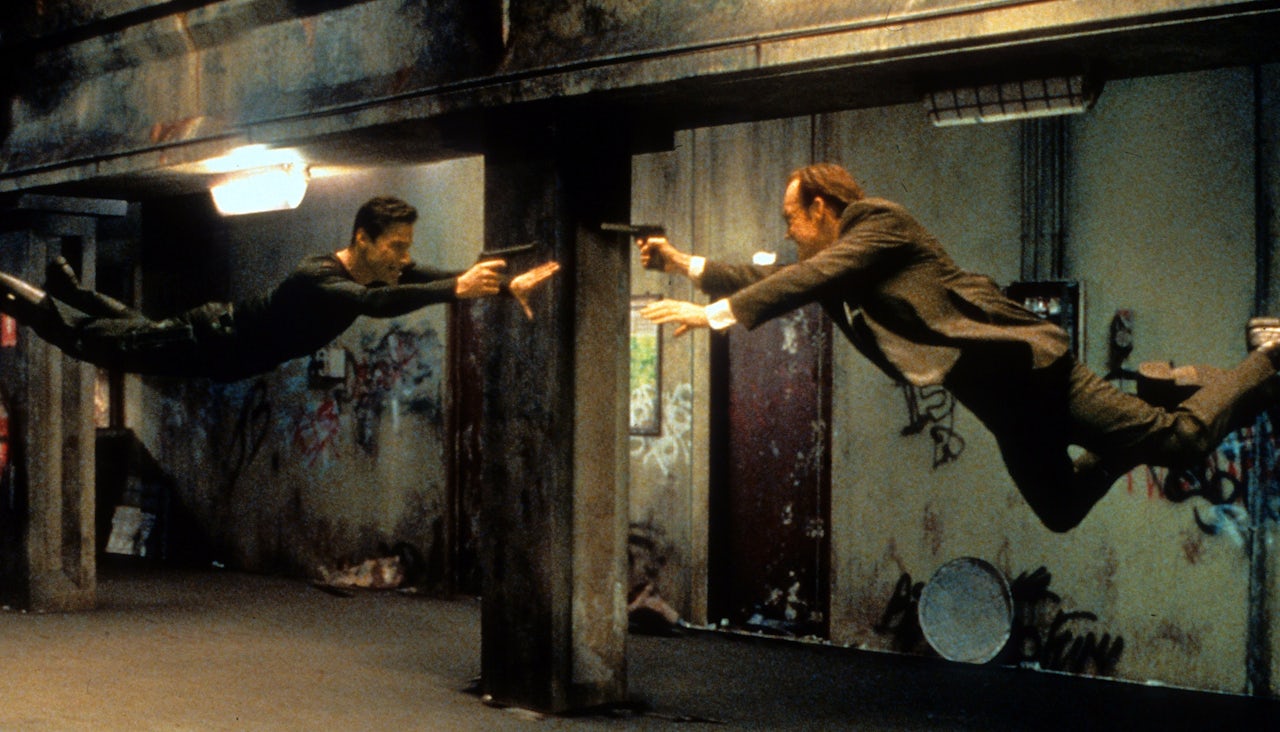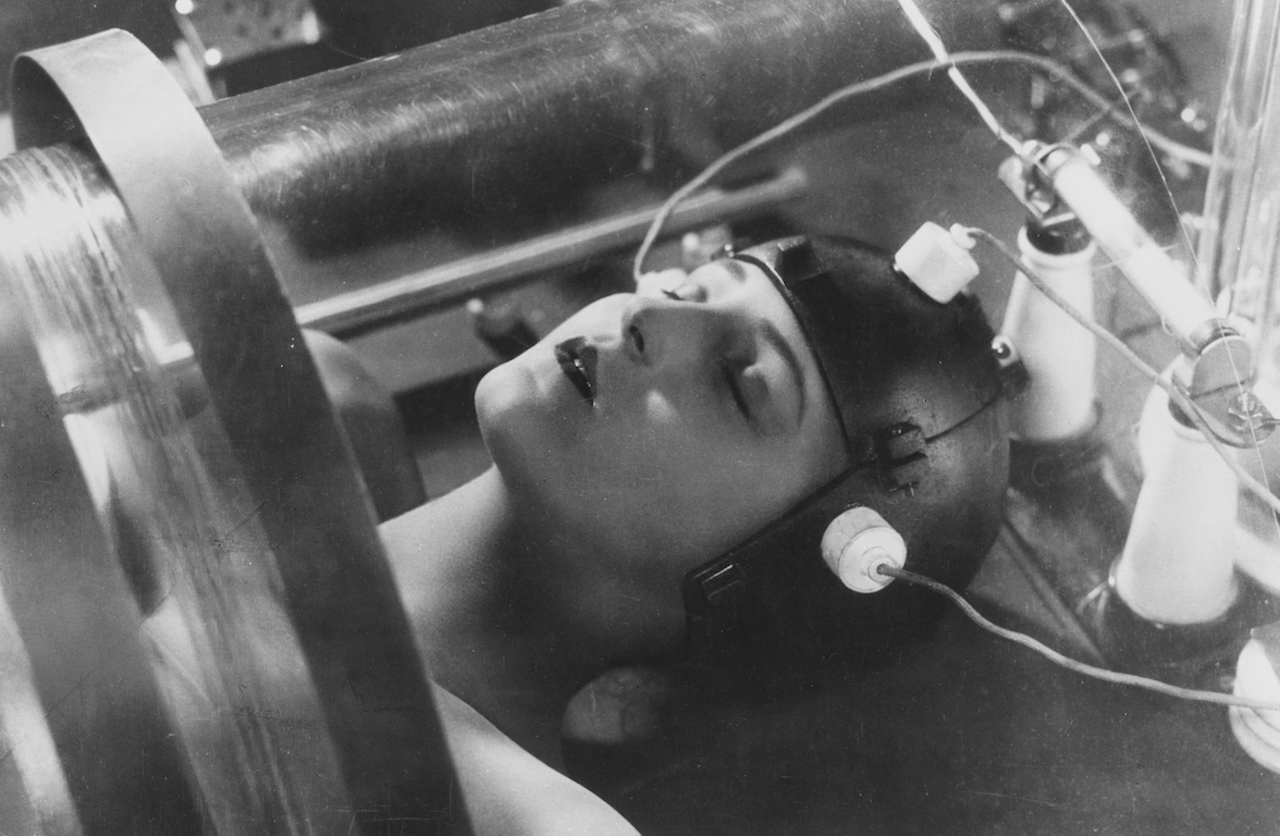When movie studios announce plans for a remake of a popular franchise, it feels like everyone on the internet preemptively groans that nothing is original anymore and that everything is invariably bad.
Yes, major movie studios appear to have run out of ideas, doling out big-budget superhero franchises and lazy remakes with what seem like unlimited resources. But those decisions are in large part a response to the market. Audiences go for monstrosities like Transformers and Power Rangers because there are still plenty of people who just want popcorn-movie bombast. That might explain why there are currently talks of rebooting the popular science fiction franchise The Matrix, according to the Hollywood Reporter. The original film, released in 1999, became a sleeper hit, bringing in over $463 million worldwide, and winning four Academy Awards. The movie also managed to turn national treasure Keanu Reeves into a very wealthy man. The film spawned two sequels, The Matrix: Reloaded, The Matrix: Revolutions, and the straight-to-DVD Animatrix, all released in 2003. A new version of the movie, in our currently absurd and tumultuous times, seems like a no-brainer.
The plans are still murky and unconfirmed, but the outcry online was swift and categorical. CNN compiled a list of other Hollywood remakes that it says “no one wanted.” And Vanity Fair took a similarly pithy approach, describing it as “The Matrix Remake No One Asked For.” This perspective seems to operate under the assumption that the film industry involves a democratic process in which moviegoers can cast their votes for where studios’ cash goes. If this were true, we’d have more to fret about than a reboot of The Matrix.
The argument coming from naysayers of a Matrix reboot is very familiar: No one needs this, you can just watch the original, etc. It’s the same refrain we heard from Star Wars fans following the announcement of 2015’s The Force Awakens. People are generally resistant to change — and that’s normal, but it doesn’t mean change shouldn’t happen. Polygon pointed to the animated Matrix spin-off, The Animatrix, as evidence of the potential in a new franchise. The series was part of an all-out marketing assault by Warner Bros. in the lead up to the release of the two Matrix sequels, but it was actually one of the better pieces of the franchise.
What made audiences so obsessed with The Matrix was its prescience. Arriving at the height of America’s consumerist transformation — and just two years before 9/11 altered the nation’s politics and culture — The Matrix offered escapism in the form of an allegory. Maybe the world around us, with its assault of advertisements and logos, was a mere illusion and beneath the surface, humanity’s collective soul yearned to break free — to take the red pill. A remake of the film certainly has big shoes to fill, but it is a welcome proposition: As authoritarian tendencies emerge around the world and the line between fact and fake is increasingly blurred, we could use some more of the radical foresight that the original Matrix offered.
This isn’t to say that any remake of The Matrix is certain to be a hit, just that it isn’t useful to stay stuck in the past. I first watched The Matrix when it was released on DVD in 2003. I was 10 years old, and the film sparked a serious interest in technology. An entire generation of angsty kids could become obsessed with Neo, the Nebuchadnezzar, and the mindfulness they represented — in between seasons of Mr. Robot and Black Mirror. It’s been less than 20 years since its release, but the rapid technological advances of the past decade — and the increasingly, inescapably digital world we live in — make it feel all the more relevant. A reboot, as opposed to simply a remake, could offer room for incisive (and, yes, campy) analysis in the vein of the original film. At the very least, a series inspired by the movie could find its way to young people who likely need the eye-opening premise of the film now more than ever.


